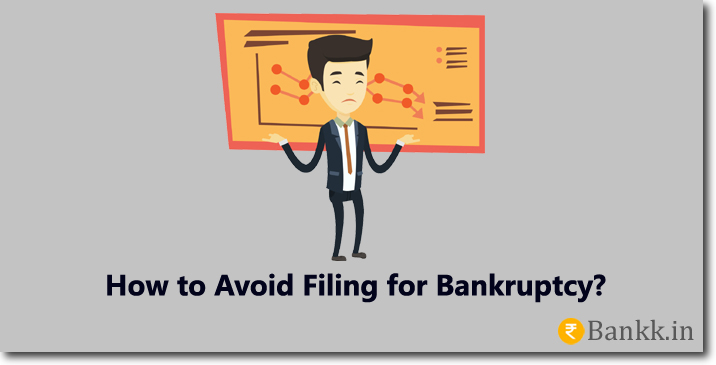In today’s volatile financial landscape, it is crucial to adopt responsible financial practices that prevent the risk of bankruptcy and overextending one’s finances. By effectively managing income, expenses, and debt, individuals can achieve financial stability and avoid the dire consequences associated with insolvency. This article aims to shed light on the importance of avoiding bankruptcy and provide practical tips on how to maintain a secure financial position.
Why Avoid Bankruptcy and Overextending Finances?
Bankruptcy should be a last resort, as it carries significant consequences that impact various aspects of an individual’s life. Loss of assets, damage to credit scores, and limited access to future financial opportunities are just a few of the ramifications. By taking proactive measures to manage their finances, individuals can protect their financial well-being, maintain a positive credit history, and safeguard their assets and property. Avoiding bankruptcy allows for a more stable and secure life, free from the burdens and restrictions associated with insolvency.
How to Avoid Filing for Bankruptcy?
1. Minimize Spending
The first step towards regaining control over finances is understanding one’s monthly expenses and where the money is going. Creating a simple budget is an effective tool for achieving this. To curb overspending, consider locking away credit cards or entrusting them to a trusted friend. Opt for cash payments whenever possible or utilize debit cards linked to cash accounts. Cutting back on spending is crucial, both in big and small areas of expenditure.
Significant cost-cutting measures may include downsizing to a smaller home, prolonging the use of existing vehicles, or selling non-essential assets such as recreational vehicles. At a smaller scale, reevaluate expenses on cable TV, streaming, wireless services, dining out, gym memberships, and holiday gift-giving. Although these adjustments may be challenging, they are preferable to the ramifications of bankruptcy.
2. Debt Management and Avoidance
Managing debts effectively and avoiding debt trap is crucial for preventing bankruptcy and financial overextension. You must understand the types of debts and their terms, creating a repayment plan that suits your financial capabilities. It’s important that you allocate sufficient funds to cover debt obligations while fulfilling other financial needs. It is essential to exercise caution when using credit cards, borrow only what can be repaid, and resist high-interest loans. Proactively managing and avoiding debt protects financial well-being and diminishes the need for bankruptcy.
3. Be Conservative
Adopt a conservative mindset when assessing financial situations. Avoid assuming that every customer will pay or remain loyal. You must budget for a reasonable case scenario, rather than relying on overly optimistic projections. Successful entrepreneurs, like Richard Branson and Jeff Bezos, understand calculated risk-taking and take measures to protect against potential downsides. As an individual, it’s important that you learn from their approach by anticipating potential obstacles and planning accordingly.
4. Build an Emergency Fund
Establishing an emergency fund is crucial to avoid bankruptcy and financial overextension. By consistently setting aside a portion of your income, you can create a financial safety net for unexpected expenses. This fund minimizes reliance on credit cards or loans, reducing the risk of accumulating debt. It provides peace of mind and enables you to handle unforeseen financial challenges confidently. Prioritize the establishment of an emergency fund to protect against financial crises and ensure long-term stability.
5. Stay in Touch with Lenders
Maintaining open communication with lenders is vital. Responsiveness to their requests for information is crucial. If you are experiencing business difficulties and facing late or missed debt payments, promptly address concerns raised by lenders. Failure to respond will worsen the situation. Conversely, approaching lenders with a well-thought-out plan increases the likelihood of negotiating payment extensions or restructuring loan terms.
6. Craft a Retirement Strategy
Planning for retirement is as crucial as creating a business plan. It’s important that you consider the succession of your business and the potential impact on family dynamics. You can also consult professionals to address legal, tax, and other implications. Develop a funding strategy for your succession plan, such as borrowing, transferring property, or implementing a payment structure. By meticulously considering these aspects, you ensure a smooth transition while safeguarding financial security.
Final Thoughts
Practicing responsible financial habits is essential for avoiding bankruptcy and financial overextension. By creating a realistic budget, regularly monitoring expenses, and saving for emergencies, individuals can maintain control over their finances and avoid falling into debt. Additionally, seeking professional advice when needed and being cautious with credit card usage can also contribute to a healthy financial situation. Remember, it’s never too late to start implementing these practices and taking charge of your financial well-being. So why wait? Start making responsible financial decisions today and pave the way for a secure and prosperous future.

